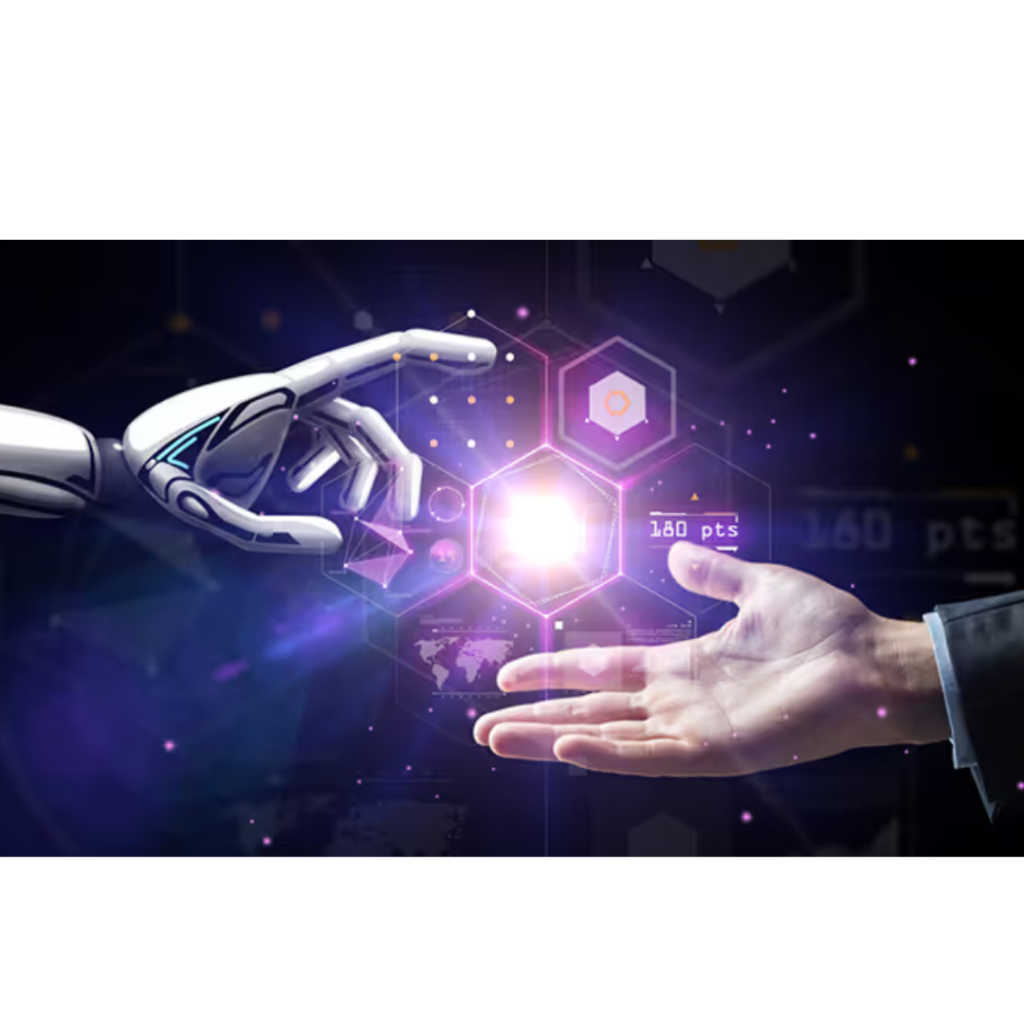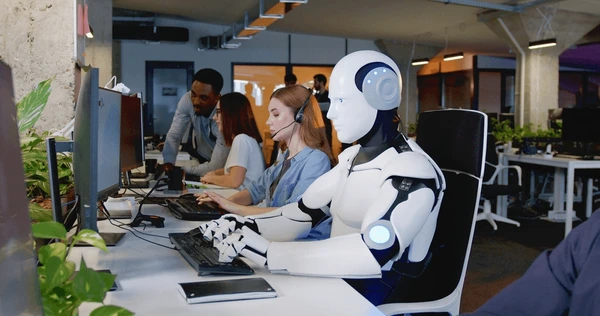Will digital marketing be replaced by AI?
The emergence of artificial intelligence can also be referred to as a rather significant revolution in the industries. The least expectant of all industries digital marketing now eagerly wonders: Will digital marketing in its current form be replaced by AI? The explanation to this burning question needs investigation into the present, exertion, possibilities, and limitations of AI in digital marketing.

AI Today in Digital Marketing
And while AI revolutionizes marketing skills and efficiency, personalization, and data analytics generally, here are the most critical sorts of real life applications of AI woven into digital marketing in the present:
Personalization in Bulk: AI-driven algorithms review a large number of data sentences to offer considerably stronger personal experiences to customers. For instance, Netflix and Amazon are capable of using AI for recommending content and products that are personalized to a customer’s liking.
Automated Campaign Management: To name but two, Google Ads and Facebook Ads rely on AI for improved targeting, placement, and budgeting options for their advertisements. Such innovation is hugely beneficial for marketers, as it promotes immediate action in terms of efficiency and automation.
Instantaneous Content Creation AND Curation: For instance, there are many AI-powered chatbots including Contentbot and Jasper ChatGPT that can automatically generate high-quality content for blogs, social media activity, and emails. What AI does here is to help in curating the right content for the customer.
Predictive Analytics: By analyzing previous data, AI could build possible future directions toward which customers go along with campaigns and actions. This might permit immediate decision-making basing on data so that businesses can run their operations.
Chatbots and Customer Support: helping hand in delivering answers more efficiently to customer inquiries would speed up the user experience and quicken response time.

Can AI Take the Place of Human Marketers?
AI, though can be very efficient in scales parallel to those manned by human beings, yet is very much doubtful about taking over human marketers. Here’s why:
Emotional and Intellective Thinking: it creates much around the storyline, the emotions, and creative strategies in marketing to exist beyond storytelling in a marketing connect to market. While artificial intelligence can analyze data and open up business trends, it will never bring life into it in an embellishing manner.
Thoughtful Thinking: Information about the cultural nuances in defining those marketing attributes with ones’ brand identity and long-term objectives for building an all encompassing marketing plan would be evident only through human instincts and insights-also through faulty logic.
Ethical Decision: Even the simplest promotion means managing ethical decisions that should illustrate the major problems. This can also be proven by creating campaigns based on socially relevant values and steering clear of all pitfalls during the project.
Algorithmic Decision: Artificial intelligence comes to the place where the segment is blurred, and multifaceted challenges and life would always be based on human decisions.
So, perhaps, for the future we will talk No Replacement, only Collaboration.
To Know More About human Centered Digital Marketing Click Here
Rather than being replaced by digital marketing, AI actually opens the way to transforming digital marketing into something even more efficient and data led. However, marketing AI can be harnessed only when it actually comes in handy. Marketers who use AI as tools for collaboration will prosper in this changing scenario. By apportioning AI with the standard coding tasks and data analysis, marketers are free to spend time on the sort of creative and relationship building activity that artificial intelligence simply cannot mimic.
It is therefore no longer leaving any mark in digital marketing in terms of being a threat, but it has come in order to bring some big allies that would boost the campaigns’ potential. It will be tested in finding a synergistic interplay between the ingenious human brain and the speed driven efficiencies evoked by AI. Technology will provide the fertile landscape that will mold and nurture all actions aimed at marketing. Purposely, this necessitates the adoption of learning technologies, but the future of successful advertising will undoubtedly blend with AI’s sophistication.


